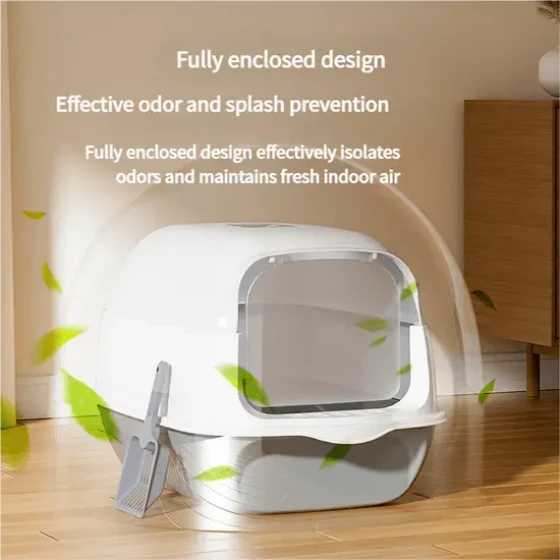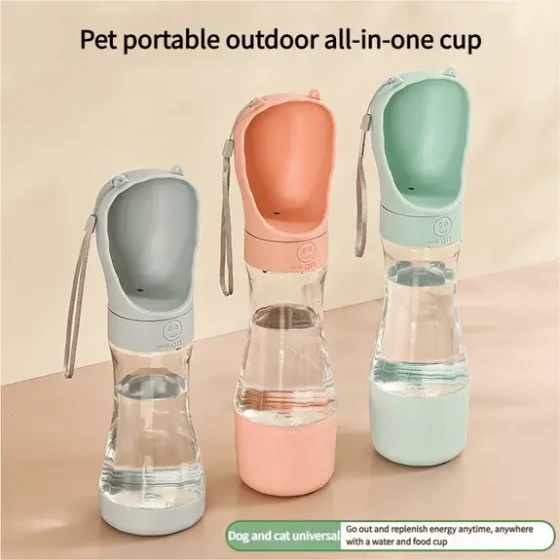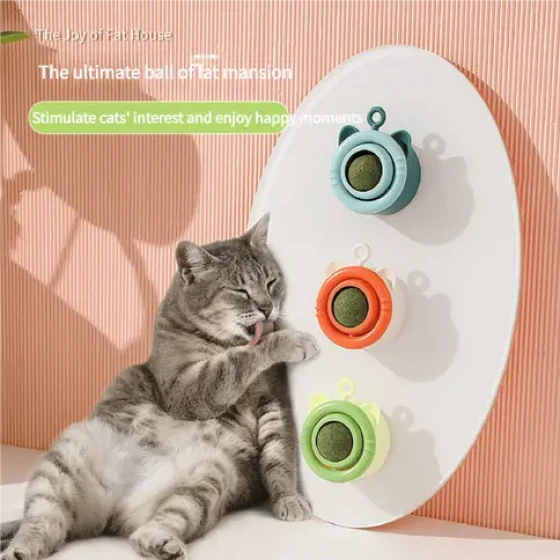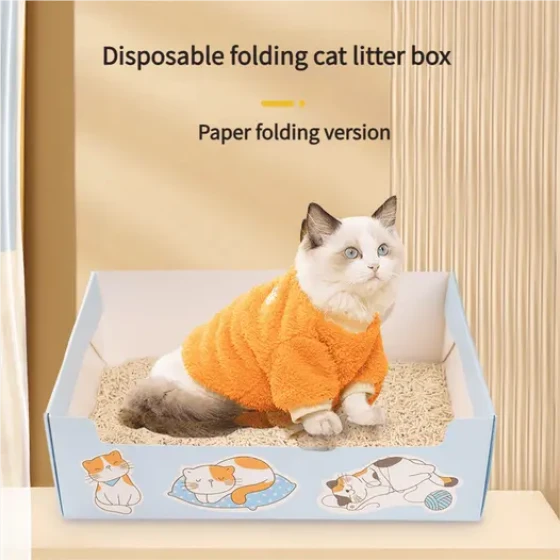How Many Meals a Day Should a Cat Eat? Pay Attention to Fullness, Not Fatness
Many people now keep cats at home, so some ask, how many meals should a cat eat per day? Is it like humans eating three meals a day, or less? Actually, data shows that cats are different from humans and family dogs; kittens only need two meals a day to supplement enough nutrition. To understand their eating habits, we need to classify by different age stages. Below, we can discuss how many meals a cat needs daily and how to properly feed cats of different ages.
How many times to feed a kitten per day and how much depends on the kitten's age, with feeding frequency varying. If you want to be a qualified kitten owner, you should first establish a feeding plan based on the kitten’s growth situation. Feed kittens in the most reasonable way according to their needs, to help them grow better.
We all buy cat food, and we must strictly follow the instructions on the cat food packaging. The back of the bag usually has a feeding amount reference chart, and we arrange the kitten’s daily food quantity according to this chart.
Feeding amounts vary based on the cat’s weight. For example: an adult cat <4kg needs 35~55g of cat food daily; an adult cat >4kg needs 70~90g daily.
If you want more detailed information, you can base on the cat’s age in months for feeding amounts. For example: at 3 months old weighing 0.7kg~1.5kg, about 40g of cat food per day is needed.
However, during a cat’s pregnancy, the mother cat needs more nutrition, so the cat food ratio will be adjusted accordingly. For example: a mother cat weighing 6kg needs 85g~150g of cat food daily.
One important but easily overlooked point is that we should not put too much cat food in the bowl because if the cat does not finish it, food left in the bowl may harbor bacteria. Therefore, it’s best to provide an appropriate amount that can be finished in a day, avoiding waste. Cat food left over should never be eaten the next day; fresh cat food must be supplied. The bowl used for cat food should be washed daily. These two points are very important, especially in summer, when bacteria breed easily and food spoils quickly, and unrefreshed water can easily make kittens sick.





